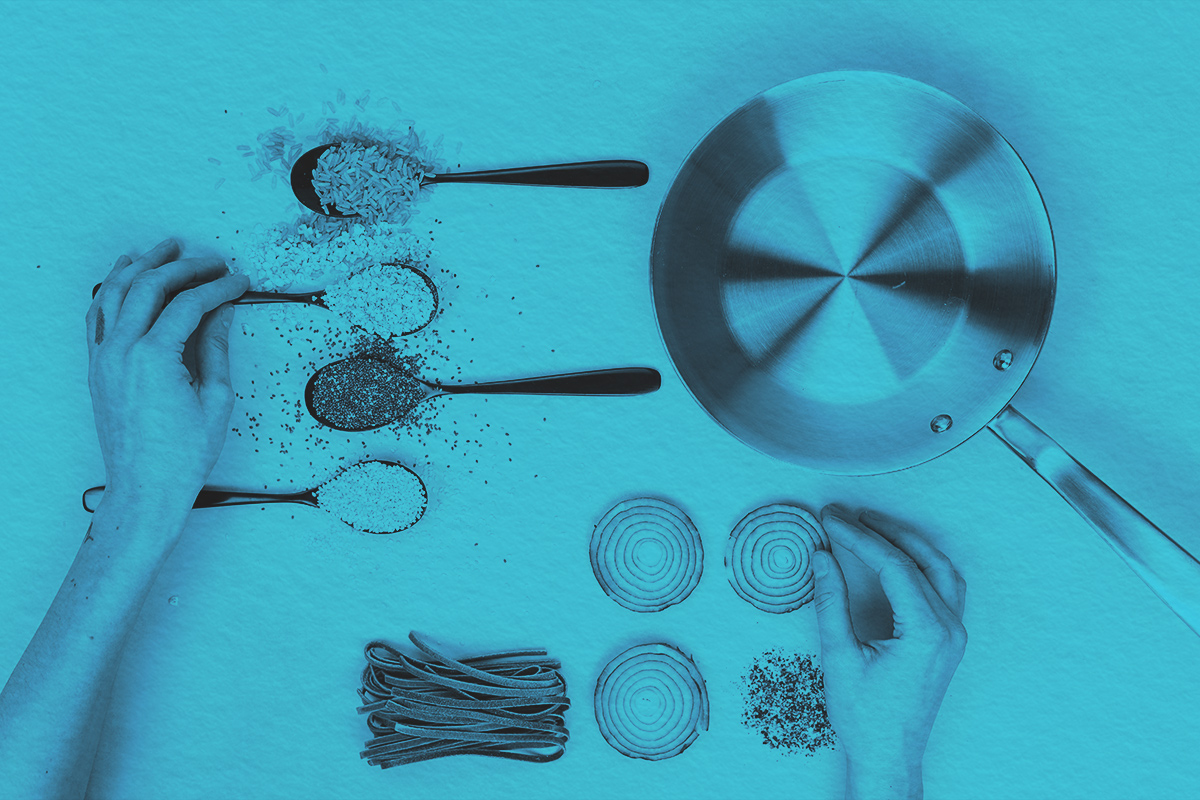
I personally hold pickles in the same high regard as Greek and Roman gods held ambrosia. I’m a sandwich connoisseur, and I can’t imagine leaving a deli with an overflowing pastrami sandwich without a juicy pickle on the side. But being “in a pickle” is far less fun than biting into a kosher spear. The idiom describes being stuck in a conundrum, often without a good solution. The phrase was coined centuries ago and later popularized by William Shakespeare.
According to the Oxford English Dictionary, “pickle” dates to the mid-15th century, originally describing a spicy sauce served with meat. It evolved to mean a brine by the early 1500s, and referred to whole vegetables by the mid-17th century. The word’s figurative application toward a predicament emerged in the mid-to-late 16th century.
The Online Etymology Dictionary notes that the earliest figurative uses appeared by the 1560s, alluding to the jumbled mess of vegetables used to whip up a pickle sauce. A 1573 agricultural guide by farmer Thomas Tusser features this early idiomatic example: “Reape barlie with sickle, that lies in ill pickle.” The phrase “ill pickle” implies a tangled mess of barley, difficult to harvest without a sickle.
In 1610, William Shakespeare brought the idea of being “in a pickle” into his play The Tempest. Alonso uses the figurative meaning when he asks, “How camest thou in this pickle?” to which his drunk jester Trinculo replies, “I have been in such a pickle since I saw you last.” Merriam-Webster notes that Shakespeare’s use plays off the fact that alcohol was sometimes used in the pickling process, contributing to the drunken Trinculo’s troublesome state. So in this instance, the meaning of being “in a pickle” is twofold: both drunkenness and finding oneself in a conundrum.
The idiom remained in common vocabulary in the 17th century, evidenced by an entry in politician Samuel Pepys’ diary from September 26, 1660, where he describes his “house being in a most sad pickle” — i.e., in bad shape and needing repairs. These examples illustrate how “in a pickle” developed its idiomatic definition, and the phrase is still used today to refer to vexing and troublesome situations.

















